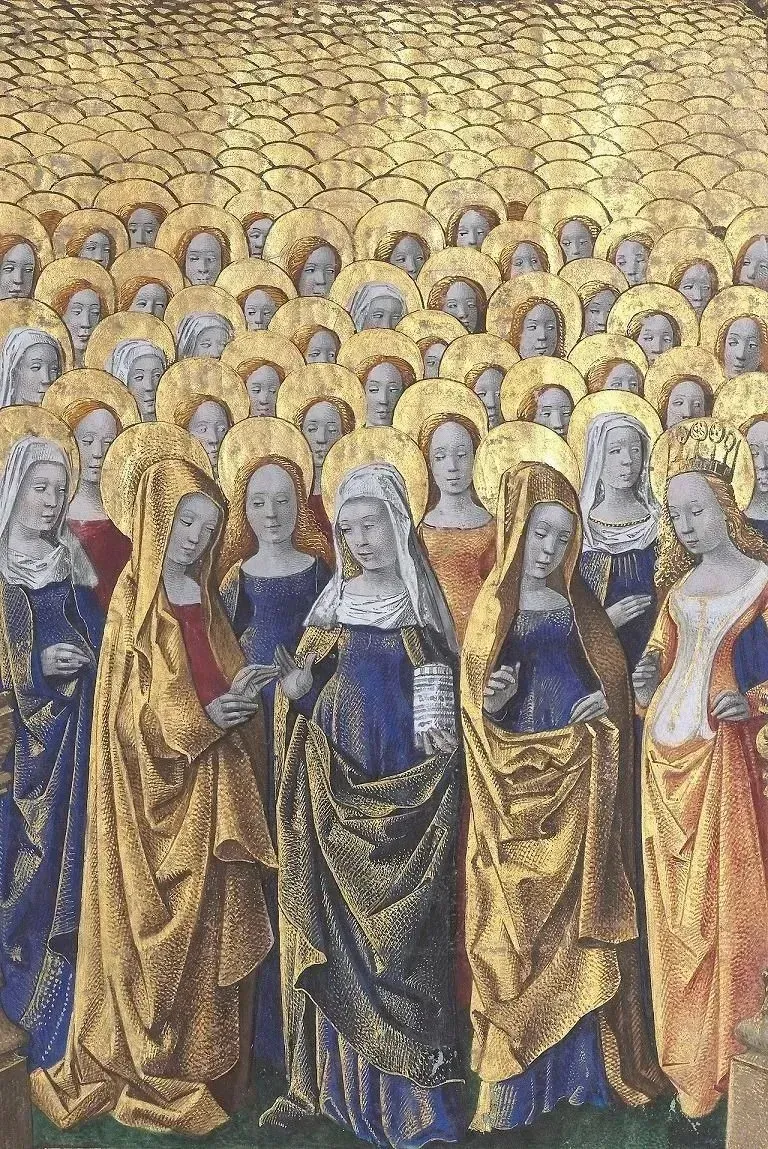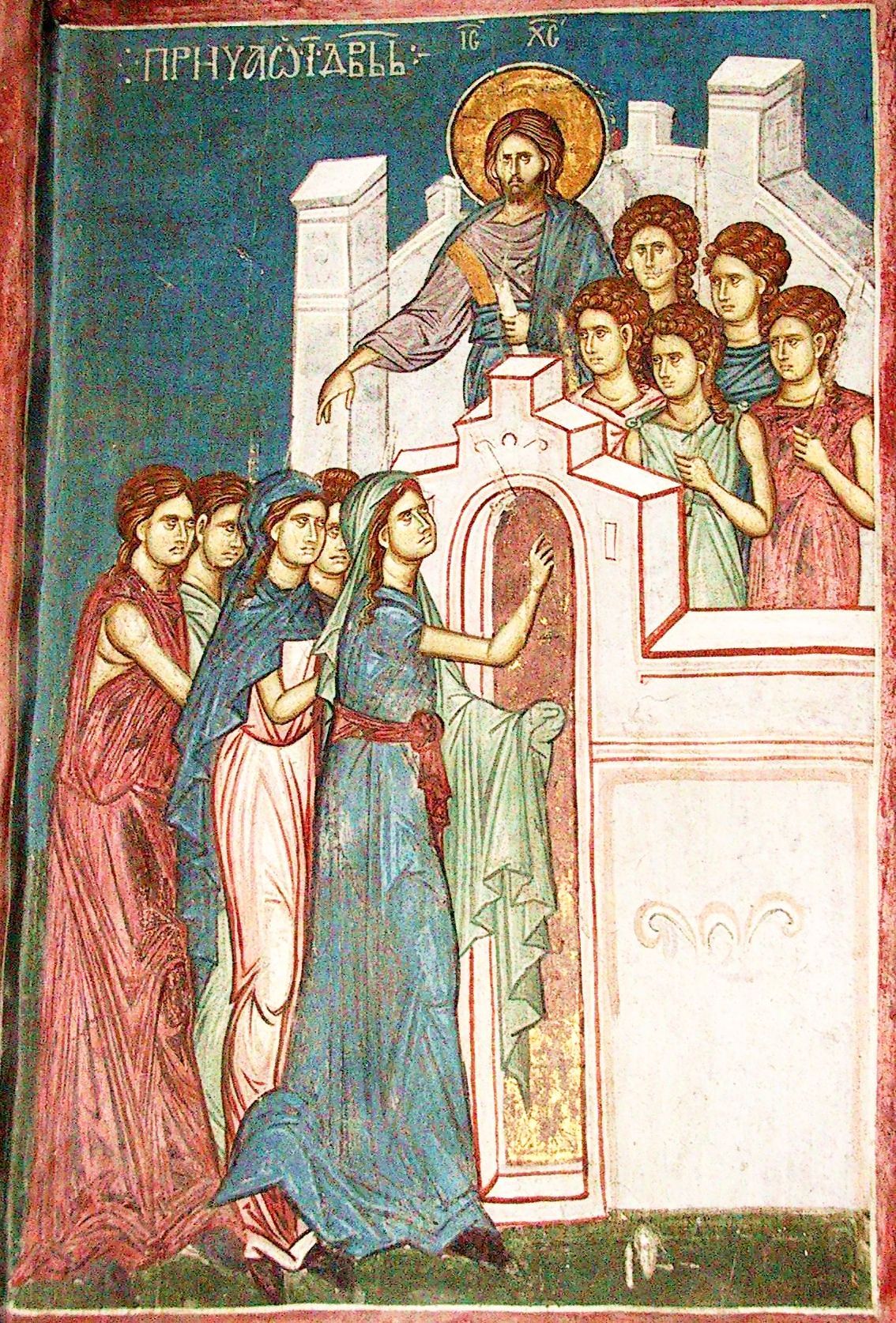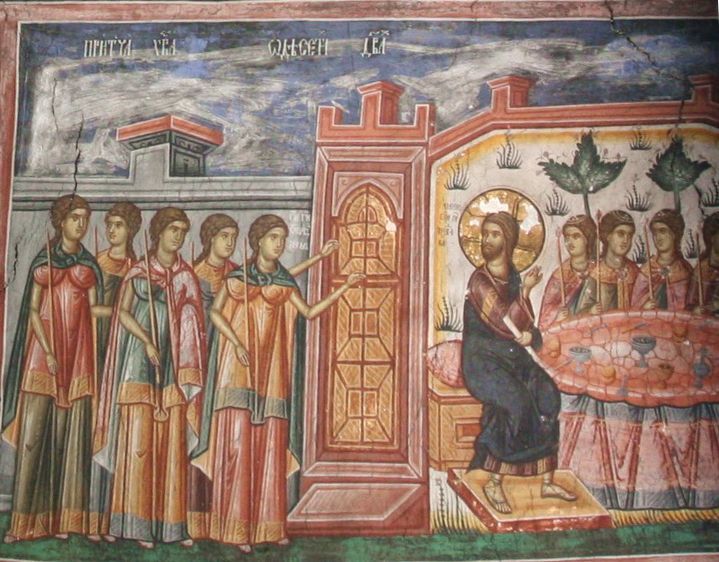Message of Abbot Paul - Friday 1st September 2023
Abbot Paul • August 31, 2023



It was Pope St John Paul II who longed to visit Mongolia to bring the message of the Gospel to that ancient yet distant people. Sadly, old age and ill health intervened and his apostolic journey was cancelled. His dream, however, comes true this weekend as Pope Francis fulfils his holy predecessor’s wishes. It is a country, where the vast majority of the population are Buddhist and there is a Catholic population of just under 1,500. Ahead of Pope Francis’ visit to Mongolia, Cardinal Giorgio Marengo, Apostolic Prefect of Ulaanbaatar, said that the papal trip showcases the pope’s love of the peripheries and allows the voice of one of the Church’s smallest flocks be heard. “We know how much the Holy Father has the dimension of the periphery in his heart, understood as an experience, perhaps, of marginality, even of minority, of a life of faith that is confronted with a majority that has other points of reference.” Let us pray for Pope Francis and for the people of Mongolia. Bordered by both Russia and China, Mongolia is of great geopolitical interest as the Vatican seeks to strengthen ties with Chinese authorities and to engage Russian leaders in peace talks amid its ongoing war with Ukraine.
Our Gospel passage today, coming from Matthew, (Mt 25: 1-13), is the famous parable of the Ten Virgins or Bridesmaids, five of whom are foolish and five wise. It is, of course, a parable about the Second Coming and how we as disciples and Christians should be ready and prepared for when Christ will come again, whether at the end of time to judge the living and the dead, or when death bids us present ourselves before God. Let’s read the parable again.
“The kingdom of heaven will be like this: Ten bridesmaids took their lamps and went to meet the bridegroom. Five of them were foolish and five were sensible: the foolish ones did take their lamps, but they brought no oil, whereas the sensible ones took flasks of oil as well as their lamps. The bridegroom was late, and they all grew drowsy and fell asleep. But at midnight there was a cry, ‘The bridegroom is here! Go out and meet him.’ At this, all those bridesmaids woke up and trimmed their lamps, and the foolish ones said to the sensible ones, ‘Give us some of your oil: our lamps are going out.’ But they replied, ‘There may not be enough for us and for you; you had better go to those who sell it and buy some for yourselves.’ They had gone off to buy it when the bridegroom arrived. Those who were ready went in with him to the wedding hall and the door was closed. The other bridesmaids arrived later. ‘Lord, Lord,’ they said ‘open the door for us.’ But he replied, ‘I tell you solemnly, I do not know you.’ So stay awake, because you do not know either the day or the hour.”
It’s a beautifully crafted story and there’s a great deal of detail. We are told at the outset that five are foolish and five sensible, so it comes as no surprise that the foolish ones have set out without extra oil for when their lamps go out. Today they might have come out without spare batteries or a cable with which to recharge their batteries, people unable to plan for their needs, but we’re in danger now of not seeing the wood for the trees. We could ask why the sensible ones were unwilling to share a little oil with the foolish ones, after all, they were soon to gain admittance to the wedding banquet, where surely there would be light, so they are sensible but uncharitable. But let’s go to the crunch of the story, as it’s all about being ready and prepared for the Lord’s coming, not about anything else. Those who arrive late, as they weren’t ready, knock at the door and beg to be let in. The reply given must be the most painful and negative words in Scripture, hell on earth. “I do not know you.” Could God really say that to one of his creatures, no matter how foolish? I doubt it, but this parable is a warning, “Do not take God’s loving kindness and his merciful forgiveness for granted. Remember the price of your salvation.”









